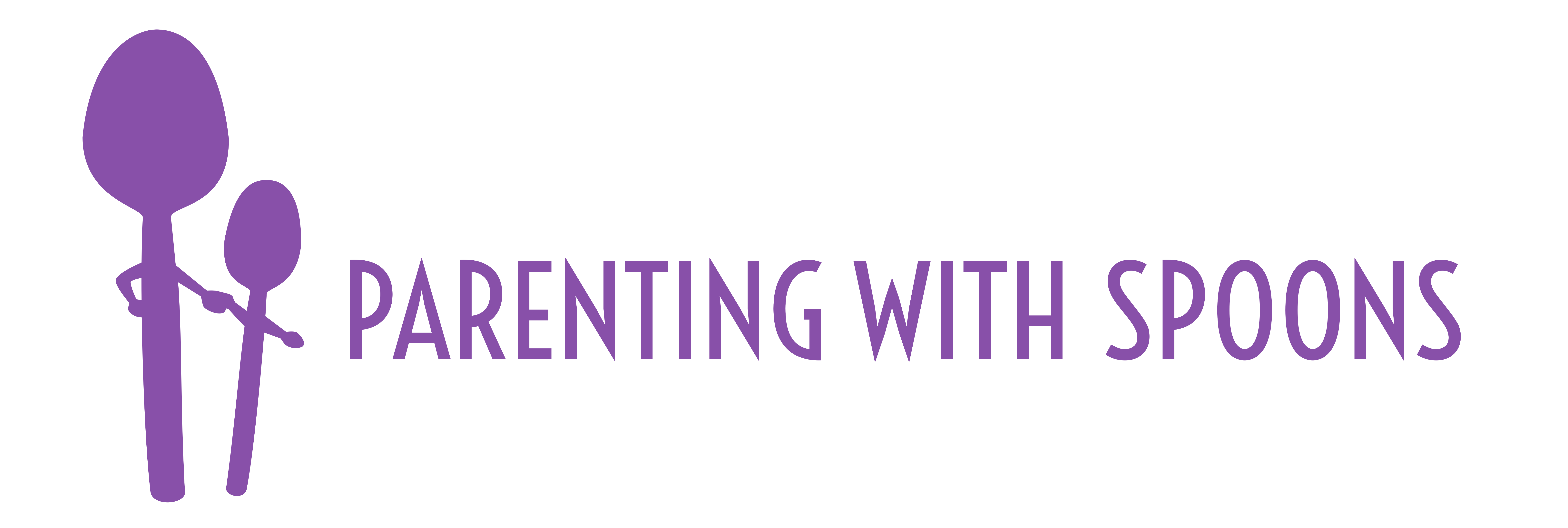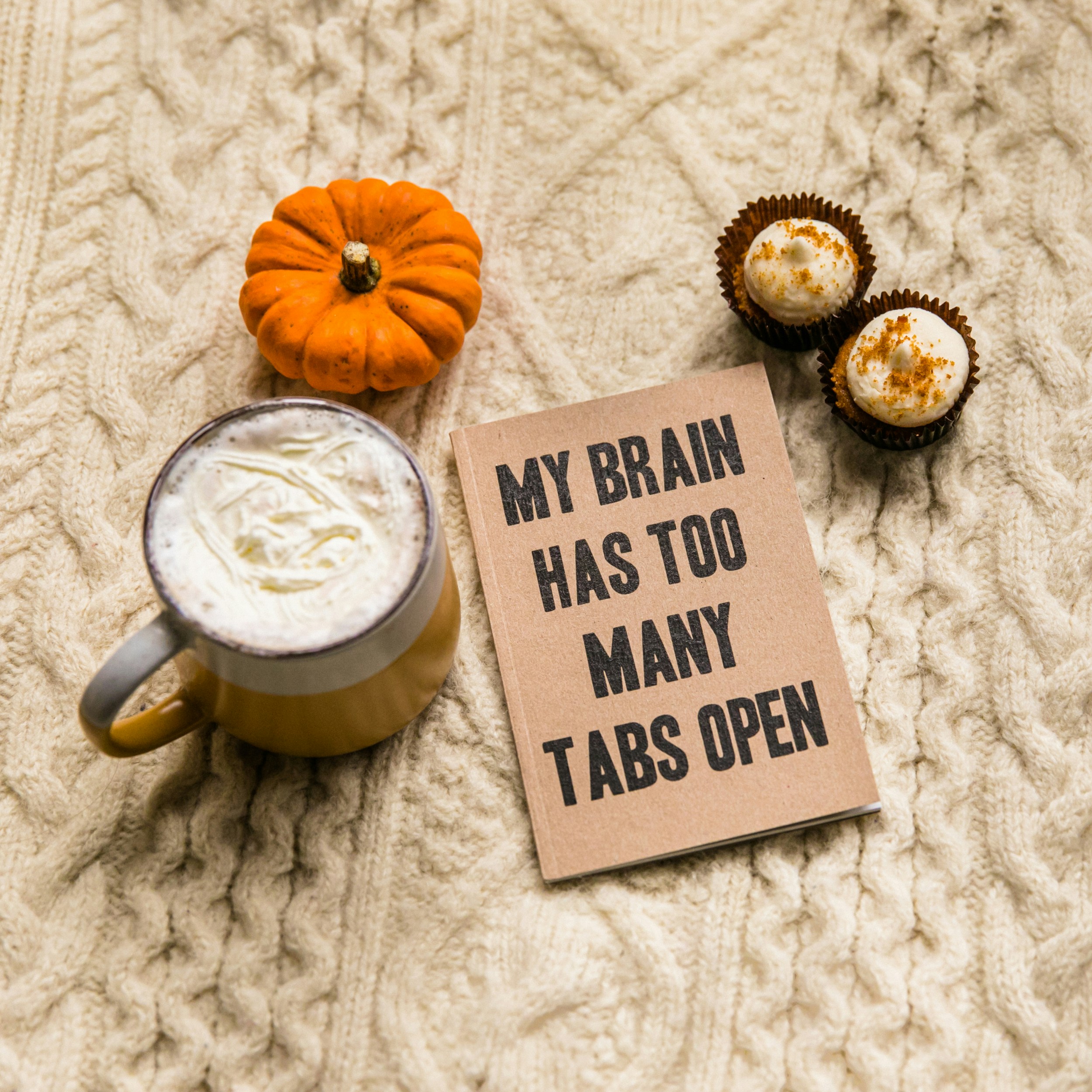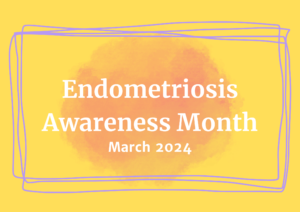Parenting is complicated, no matter your family set-up, but when one parent is neurotypical and one is neurodivergent, there’s an extra layer of complexity.
Most of my reading online has suggested to me that ND/NT partnerships just don’t tend to work in the long run, because we fundamentally cannot understand how the other person thinks. Add a child into the mix and there’s an extra strain, since relationship satisfaction can decrease after having a child anyway.
I won’t pretend it’s always easy. It isn’t, and sometimes parenting alongside a neurodivergent husband is pretty difficult. We don’t always see eye-to-eye because our brains are functioning differently. But we agree on the big things and we share a world view and ethics, which gives us a common underpinning to how we live every day. We love one another and are best friends, so at the heart of our relationship is the desire to make sure we are all as happy as possible. These are good foundations for any relationship, in my opinion.
So how does it work every day? What have been the challenges and how have we attempted to resolve them?
Please share your views and experiences! You can comment below, or get in touch with me here.

The neurodivergent birth partner
My husband Dan and I had been through a lot before we made it to the birth itself, so we thought we were prepared. We’d discussed how my husband’s autism and ADHD might play out during my induction. The birthing plan I’d spent hours writing made reference to Dan’s neurodivergence, and we’d considered what he may or may not be comfortable with.
But the reality didn’t play out the way we’d hoped. Labour was so rapid we didn’t have time to find the birth plan, let alone share it with staff. Dan was absolutely traumatised by the experience – the emergency cord had been pulled when they weren’t happy with baby’s heart-rate, she’d flipped back-to-back when my waters broke, and I was absolutely beside myself and begging Dan for help. It was overwhelming for us both and when the baby arrived and everything calmed down, we both felt shell-shocked
Our daughter was born just after half past five in the afternoon. By 9pm, Dan wanted to leave the hospital. I hadn’t even got out of the bed at this point, and had to rush into the shower, blood dripping all over the floor, and get dressed before he could leave and I was left with a baby on my own. He could not cope and he knew that – although it wasn’t what I wanted or what we had planned – I would somehow manage on my own.
He went home, chatted to our concerned neighbours on the way to the house and off-loaded his stresses, then went to sleep. And I was alone in the hospital, with my heart-rate through the roof, sore and exhausted, with a brand new human being I had only just met.
It was the start of the most challenging period of our marriage, and we hadn’t expected it at all.
With hindsight’s benefit, we would have prepared differently. I would have tried to share the birth plan with staff earlier in the process. We would have considered possible triggers – Dan was shocked at the amount of blood, having not expected so much, though I didn’t bleed excessively at all. He’s high-functioning and masks a lot; staff didn’t notice how he was managing because their priority was obviously baby and me.
Most of all, Dan believes that it would have been hugely beneficial if we had arranged for him to have a birth partner. A partner for the partner. He thinks this person might be best if they were neurotypical, but I’m not sure it matters so much as having someone you feel comfortable talking to. He thinks if he’d been able to have a conversation with someone at that point about what had happened, they might have been able to support him back to the hospital to be there with me and our little girl.
But he also says that you have to manage the fact that you can’t prepare fully because every birth is different. There may always be unexpected elements no matter how prepared you are. This is true whether you are neurotypical or neurodivergent. The birth of our little girl was not at all how I expected it to be, and nor were the days and weeks that followed.
The newborn days with a neurodivergent dad
We were discharged from hospital almost a week later. A week of nights alone on a ward with more experienced mothers whose partners were home with older children. A week of nights coping with excruciating attempts to breast-feed and jaundice. A week of loneliness.
Driving home was exhilarating, but by the time we went to bed that night we were already struggling. I’d been so looking forward to being back in my own bed, but the baby simply didn’t want to sleep. At all. At 2am, Dan was having a tantrum on our bed – pounding the sheets, crying his eyes out. In the end, I sternly told him to go to bed and I slept downstairs on the sofa, with the baby in her basket.
This was the beginning of several weeks – months really – of challenges. Dan found it difficult as a neurodivergent parent who thinks very logically to understand why the baby was upset when we thought we’d met her needs. He would try to have reasoned conversations with her. Meanwhile, I was so sleep-deprived, anxious and physically uncomfortable, I was struggling hugely to bond and went on to develop post-natal depression. I began to resent Dan’s inability to help me in the way I felt I needed. We agree now that Dan’s difficulties in supporting me during the early weeks and months was a huge contributing factor in my mental health. It’s not his fault, it was simply because he is who he is. As Dan says, when you’re neurodivergent, you’re unlikely to be able to help your partner in the same way as a neurotypical person.
Looking back, Dan recommends preparing a ‘clan’ before the baby arrives. People you can both rely on for emotional and physical support following the birth, to give you time to rest and be on your own. Otherwise, he thinks you end up leaning on your partner when they have no energy to be leant on, something I would say we experienced. He says that it’s important to be honest when something is just not manageable, to avoid outbursts of anger or doing something you’ll regret. You only get one set of first memories with your newborn, he points out. This is a challenge for us both looking back; those early weeks were just not what we wished they had been.
I also struggled with the lack of emotional connection between Dan and I because in the early days, we just didn’t see much of each other. We were lucky to both be on leave together for the first weeks, but we slept in shifts. I’d go to bed at 7pm, Dan would go to bed at 3am. I’d be up from the middle of the night, and by the time he got up in the afternoon I’d be thinking about bedtime again. Daytime together was filled with medical appointments because baby had prolonged jaundice and lost a lot of weight. We didn’t have any time together to connect or share how we were feeling. And I was feeling very low.
Dan’s neurodivergence meant he coped better with this. He was able to compartmentalise and put this down as a necessary phase we would get through. I couldn’t see past it; it felt like this was just life now.
The chaos of life with a baby was unavoidable, but Dan recommends as much structure as possible. Our unusual sleeping patterns worked for him, because he knew what to expect. But you can’t always stick to these structures when a newborn is involved.
For Dan, the best advice he received was to imagine your new baby not as a small human, but as an alien. That is more representative of a newborn. They don’t know anything. They’ve never lived on this planet before. They don’t know when to sleep, how to communicate, how to tell you they love and appreciate you. They are not particularly rewarding. They smell great and they’re cosy and cuddly and fall asleep on you looking so peaceful. But honestly, I’m not a huge fan of babies.
ND/NT toddler parenting
Thankfully (for us at least) babies morph into toddlers and young children. I received treatment for my post-natal depression. Dan and I spoke at length about our parenting challenges and how we could better support each other. Time changed everything. Our baby was turning into a little girl who slept better and longer, who could play independently sometimes, who laughed and made us laugh too.
Toddlerhood has been so much more rewarding for us as parents, and we can now see how our neurodivergent/neurotypical parenting coalition works well. Dan is great at playing, at distracting little one when she’s upset. He’s sterner than me about important things, and much less stern on fun things. No, you can’t hit the TV, but yes you can have a little bit of chocolate. I’m the balance in the middle, keeping us organised and healthy.
When he parents on his own while I work, Dan benefits if I pre-plan meals and set out the things they’ll need, but he could do this if I wasn’t able to. It would just take longer and look a bit different. He says it helps if your partner understands you well, so they can anticipate your needs and support you might want.
We both accept that I am the primary carer for our child. I hesitate to use the term default parent, because I don’t think either of us believes that it is my responsibility by default. I’m trying to instil in us the view that we are equally responsible for our little one although I have more time to care for her because I work part-time. It’s Dan’s view that an ND person could be a primary carer, but that it might be not easy, depending on their individual situation. You need, he says, to understand the dynamics of your own interpersonal unit.
And of course everything parenting-related, Dan says, is done in a neurodiverse way because that’s who he is, and he can’t and shouldn’t change that. But he adds that you may need to make concessions for your child, because you’re responsible for caring for their needs as well as your own.
So what next?
We continue every day to discuss and adapt how we live and parent together. We attempt to recognise each other’s needs and how they differ. We try to comprehend that we don’t know how each other’s brains work, but that we do know each other so we can support one another. I provide check-lists and meal plans, so the days have a structure for Dan to follow; Dan listens to how I feel and tries to pick up extra tasks when I’m struggling.
Our priority of course is our little girl. She is our favourite person and an incredibly good reason to make the effort to create a harmonious and supportive family environment.
And we wait to see if she will be neurodivergent also. If so, Dan will be in a great position to empathise with her. He won’t necessarily understand her personal experiences, because as he says all neurodivergent people are different, but he’ll have a better idea than me. And she’ll have me to support her if she’s neurotypical.
Either way, it is our hope and plan to all support each other.
Spoonfuls of love,
Emma




